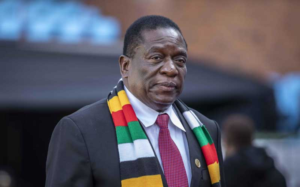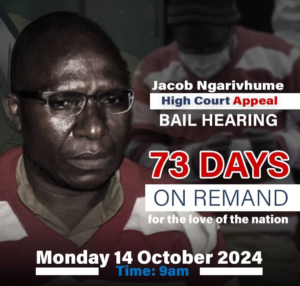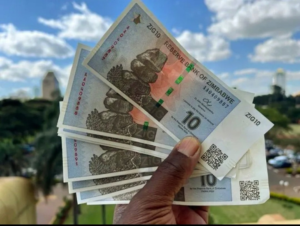PAYBACK TIME: ZIMBABWE’S CHIEFS REWARDED AFTER ELECTION VICTORY

In a move that has raised eyebrows across Zimbabwe and beyond, the government, led by President Emmerson Mnangagwa, has approved a series of bonuses for traditional leaders. This decision comes just two months following a contentious election victory in 2023, an event marred by controversy and allegations of impropriety.
The bonuses, structured on a sliding scale, are seen by many as a form of payback for the crucial role these chiefs played in securing Mnangagwa’s victory. They were not merely bystanders in the electoral process; rather, they were active campaigners, aligning closely with President Mnangagwa and the Zanu PF’s elusive group, Faz, particularly in rural areas.
This decision to financially reward traditional leaders post-election is not an isolated incident in Zimbabwean politics. It is a vivid reflection of the longstanding interplay between traditional authority and political power in the nation. However, the timing and nature of these bonuses have sparked intense debate and criticism. Critics argue that this act blurs the lines between traditional authority and political partisanship, potentially undermining the chiefs’ roles as neutral custodians of culture and tradition.
Furthermore, the involvement of Zanu PF’s shadowy group, Faz, in rural campaigning alongside these traditional leaders adds another layer of complexity and controversy. Faz’s operations and motives have often been shrouded in mystery, raising questions about the transparency and fairness of the electoral process.
This latest development is particularly significant given the context of the 2023 election. The victory itself was clouded by accusations of irregularities and unfair practices. In such a scenario, the government’s decision to reward those who played a pivotal role in securing this victory only adds to the suspicions of foul play and manipulation.
The implications of these bonuses extend beyond mere political reward. They signal a worrying trend where traditional authority, which should ideally be apolitical and independent, is increasingly being co-opted into the political arena. This co-optation risks eroding the trust and respect that these leaders traditionally command among their communities.
Moreover, the move raises concerns about the use of state resources for political ends. In a country grappling with numerous economic challenges, the decision to allocate funds for bonuses to traditional leaders in the aftermath of a disputed election is being questioned by many. Critics argue that these resources could be better used to address the myriad of pressing needs facing ordinary Zimbabweans.
The government’s decision has also sparked a broader conversation about the role of traditional leaders in modern African politics. While they undoubtedly play a crucial role in maintaining cultural continuity and social cohesion, their increasing involvement in partisan politics is a contentious issue. This situation in Zimbabwe serves as a case study of the delicate balance between maintaining traditional authority and ensuring that this authority does not become an instrument of political manipulation.
In conclusion, the approval of bonuses for traditional leaders following the 2023 election is a move that has far-reaching implications for Zimbabwe’s political landscape. It raises critical questions about the intersection of tradition and politics, the neutrality of traditional authorities, and the use of state resources in rewarding political loyalty. As Zimbabwe navigates these complex dynamics, the eyes of the world remain closely fixed on how these developments will unfold and shape the future of this Southern African nation.



